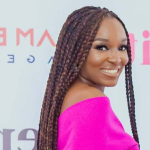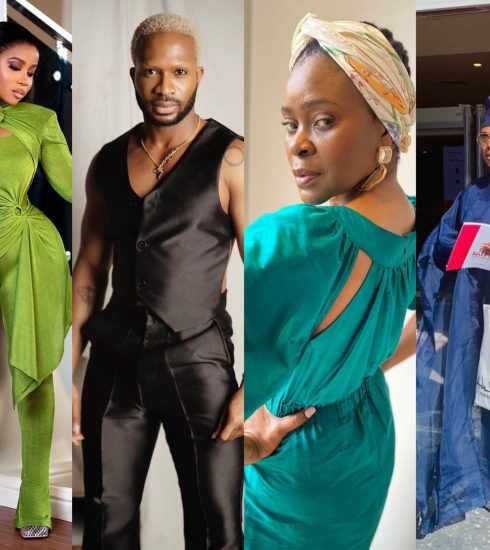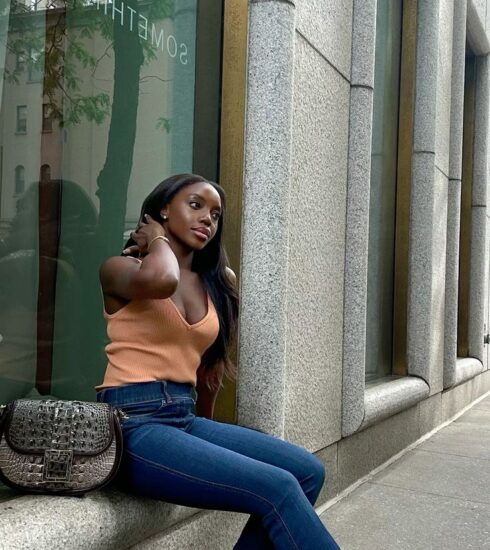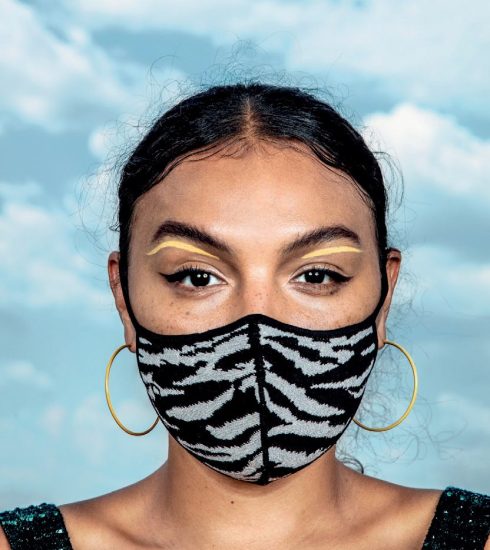Afrocentric Brands We Love
The beauty of fashion will always lie in stories conveyed through clothes. As Africans, storytelling is an integral part of the culture. The various ways we express ourselves with clothes have long remained a strong marker of culture across the continent, either as a form of celebration or a means of identifying
communities.
In today’s fashion landscape, consumers are drawn to items that mean something, and African fashion brands are blending global appeal with a reverence for indigenous cultures.
Proudly wearing their heritage on their sleeve, we spotlight eight Afrocentric labels on our radar.
ITUEN BASI
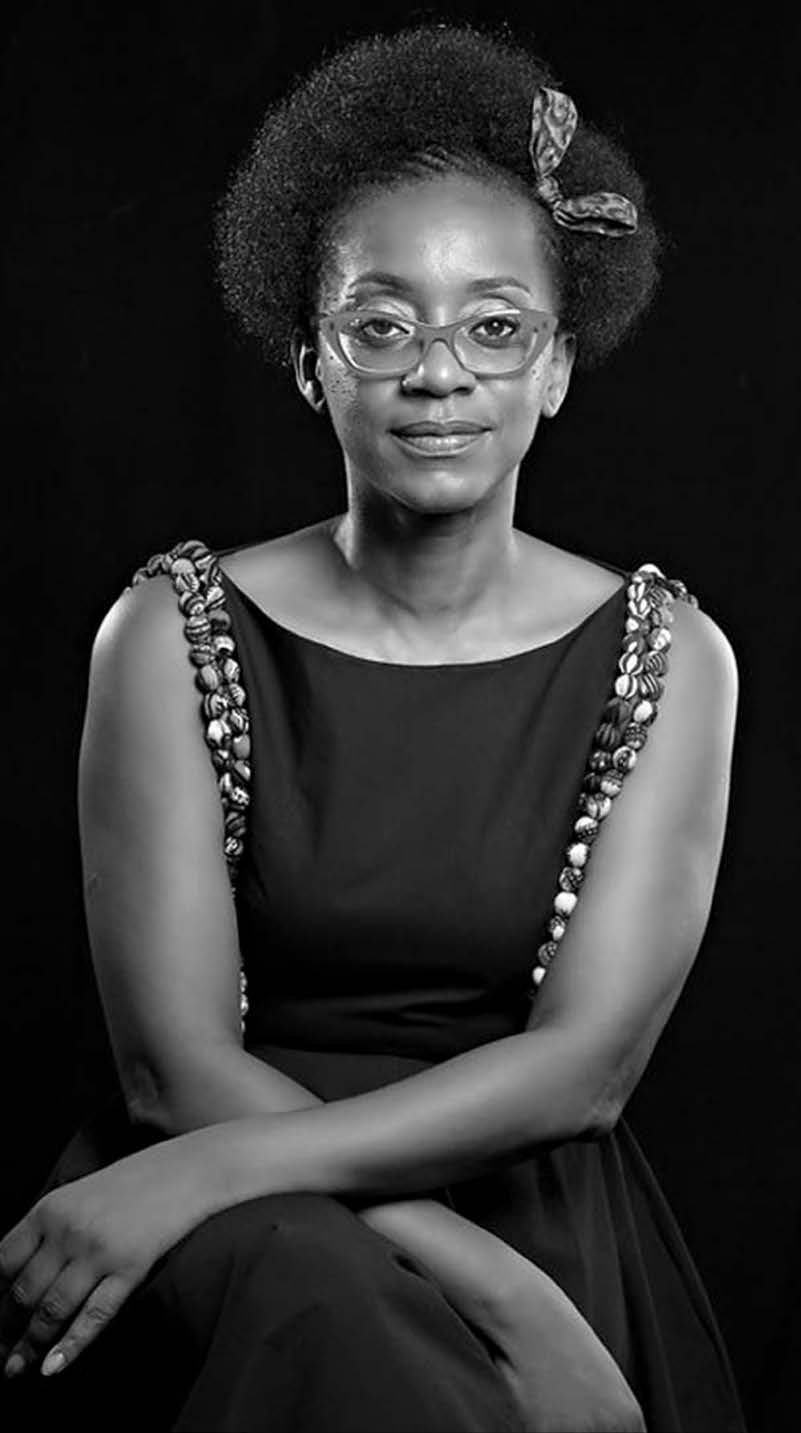
Ituen Basi
Easily one of the most recognizable names in Nigeria’s fashion industry, Ituen Basi’s love for culture has never wavered. Since returning to Nigeria in 2009 after successfully conquering the bridal wear market in London, she has churned out collection after collection putting native cultures at the forefront of each one.
From the bustling nature of Lagos metropolis to the rich embellishments and
flair of the South Eastern and Southern parts of Nigeria, she draws on key elements that make her clothes feel just like home.
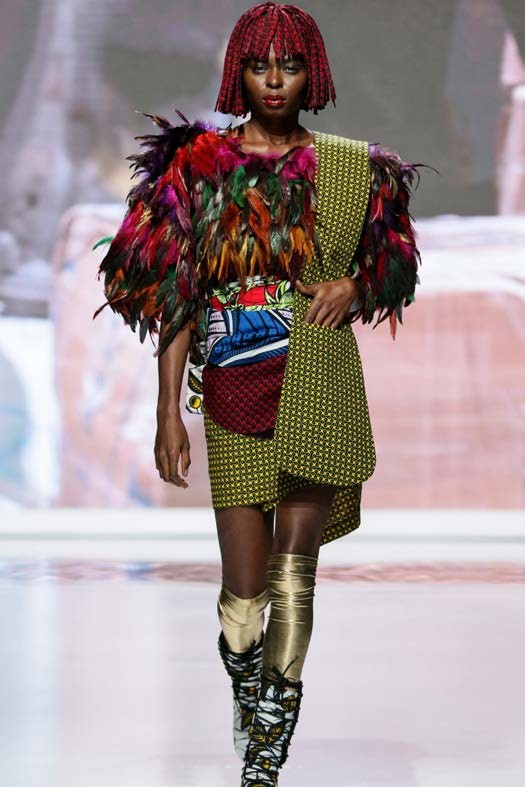
Ituen Basi
It’s no surprise that her influence is seen in many new labels operating today, new talents that have passed through her tutelage and hold the same respect for heritage.
NKWO
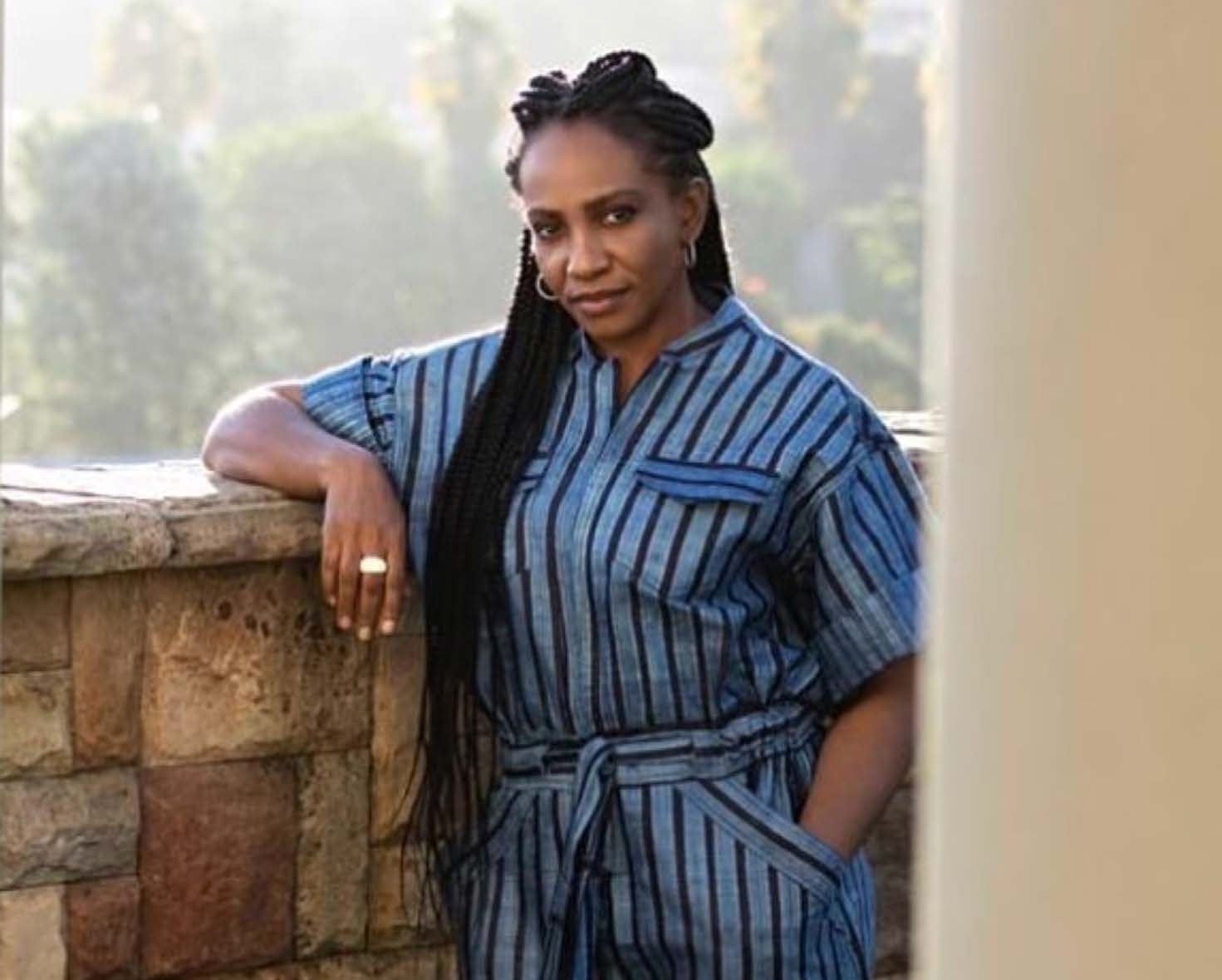
Nkwo
Nkwo Onwuka has always championed African design codes, with her clothes paying homage to the continent’s nomadic tribes. Through her eponymous label, she has been able to blend sustainable production practices with an intricate design process that is both luxe and accessible simultaneously.
Nkwo has been a sustainability pioneer with her cutting-edge work for most
of her career. Her process involves age-old African design techniques, including hand dyeing, weaving, beading, repurposing, and reconstructing.
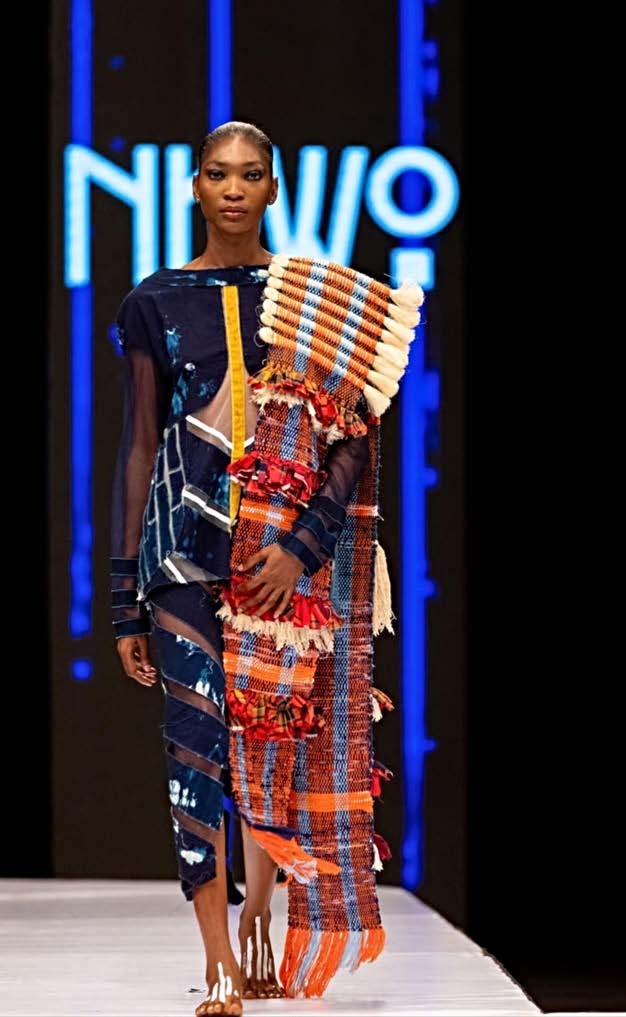
Nkwo
In recent years, she’s pioneered textile innovation during her experimental studio sessions and developed the Dakala Cloth, a fabric made through a modern ‘strip weaving’ technique that mirrors handloom woven cloth but with a distinctively African feel.
DEOLA SAGOE

Deola Sagoe
Since her breakthrough 1998 collection, Nigerian design legend Deola
Ade-Ojo has worn Africa on her sleeve on every major international catwalk.
Drawing on texture, colour, and architecture to create beautiful couture pieces, the label has long been known to highlight indigenous stories. The most notable one remains her signature Komole fabric, one of the industry’s most iconic achievements in textile innovation.
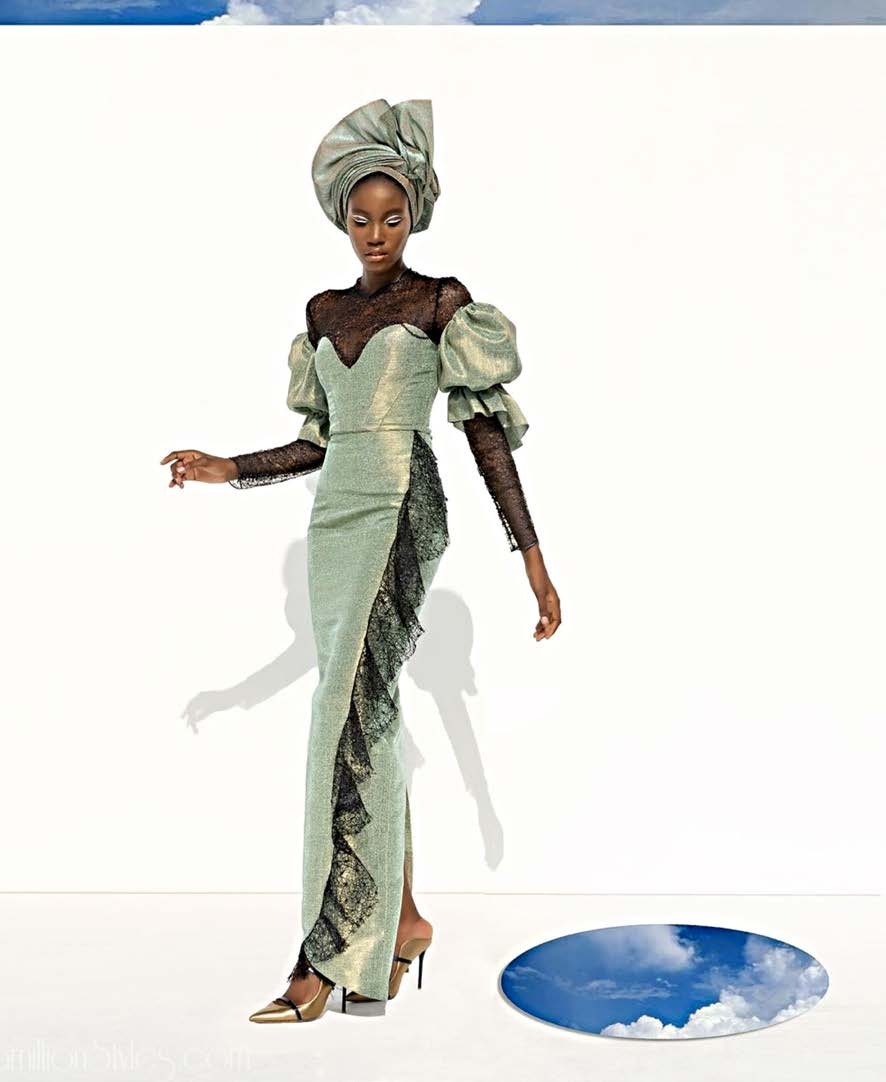
Deola Sagoe 2
The fabric can be described as an innovative weave of aso-oke, an integral part of Yoruba culture which is then ‘shot-through’ silk. Continuously improved and perfected over the past 25 years, it has now become a staple in most of the label’s collections, especially in her cult-favourite bridal wear range, which celebrates the beauty of the classic Nigerian bride.
MAKI OH
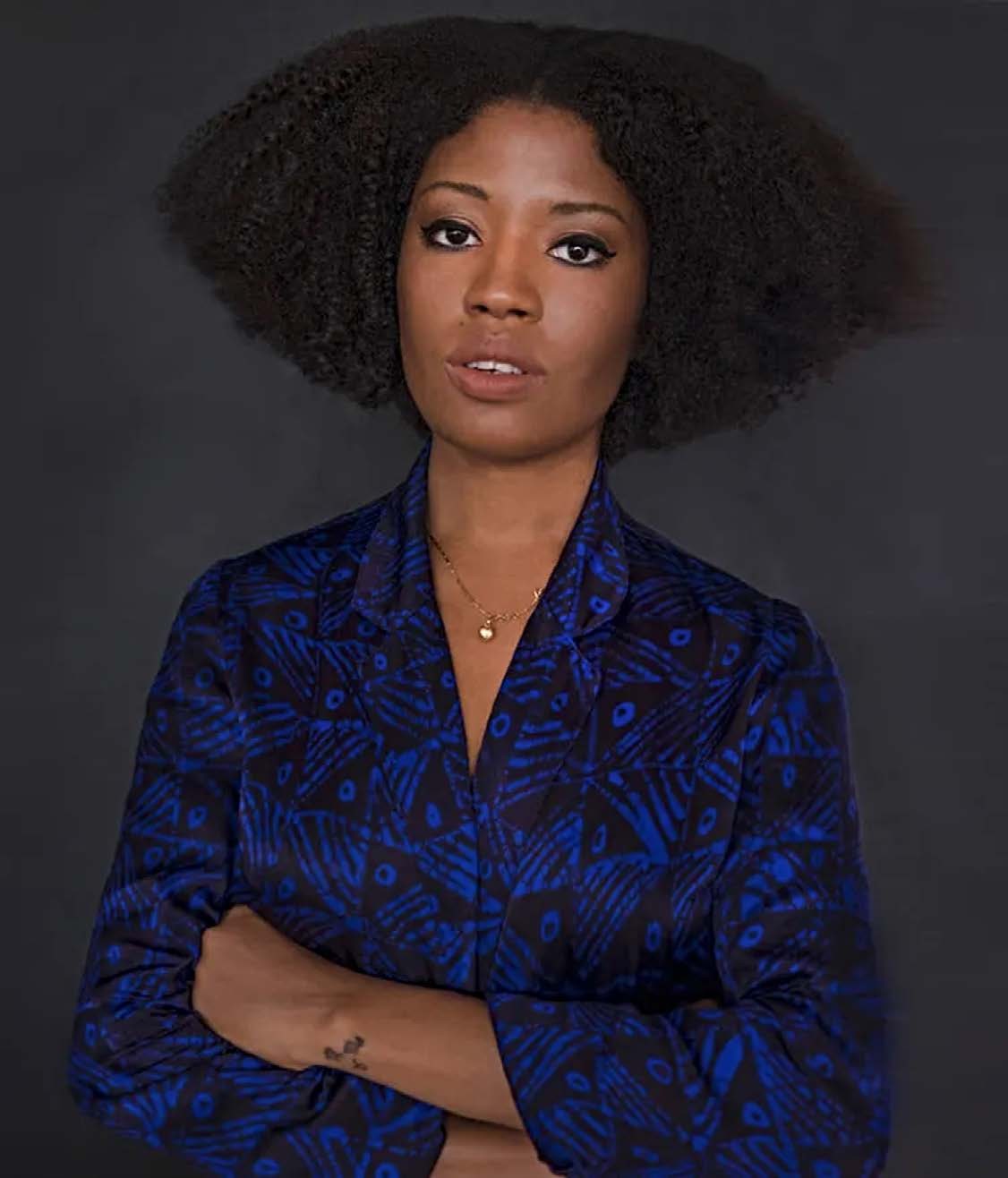
Maki Oh
Like most great designers, Maki Oh’s creative director Amaka Osakwe utilizes storytelling to create memorable collections that become key parts of her clientele’s lives.
Launching in 2010, she has cited her inspiration for creating the label due to learning about the cross-cultural similarities of dyeing fabric among African and Asian creative communities.
Her luxury offerings sport a stunning blend of hand-painted techniques and various hand-dyed methods with textile motifs which are thoughtfully applied onto mediums such as silk with hot wax before being sent to artisans for dyeing in Osogbo, a southwestern city in Nigeria preserving ancient adire pit systems.
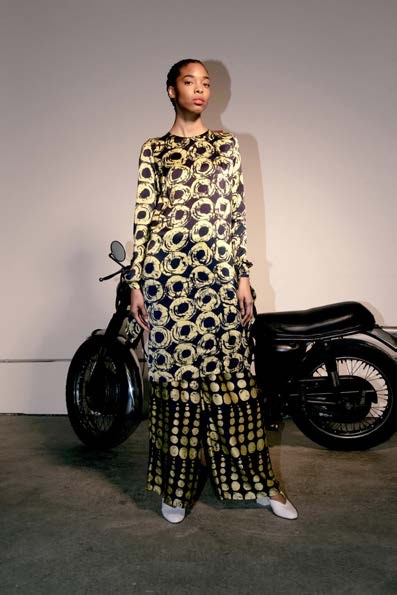
Maki Oh
It’s through processes like these that the soul of her African heritage is seen through her clothes.
SHEKUDO
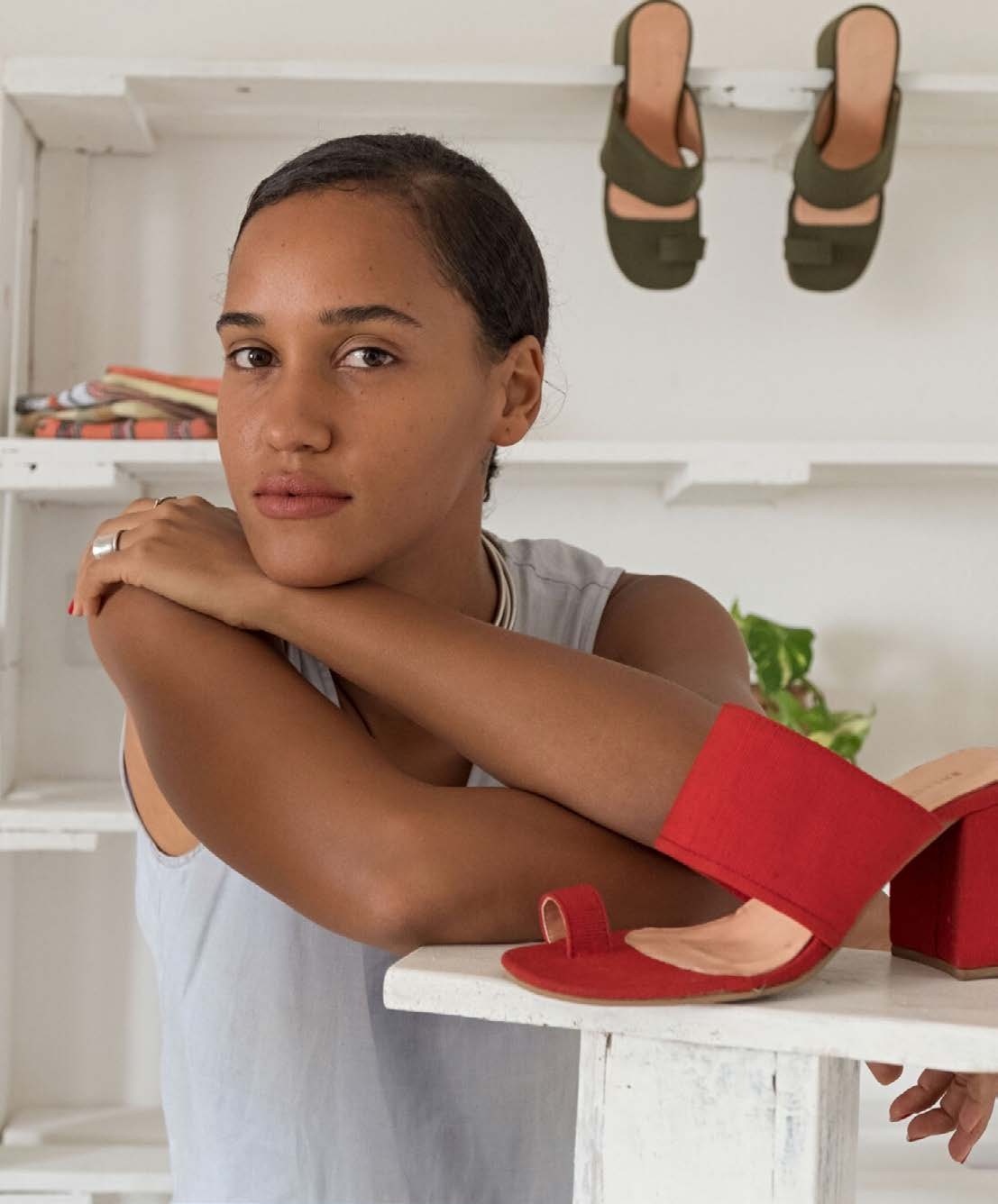
Shekudo
Initially launching her luxury accessories label, Shekudo, with co-founder Shetu Bimpong in Sydney, Australia, Akudo Iheakanwa moved her operations to Nigeria, inspired by the need to revive local artistry and champion production within the country.
Akudo’s design philosophy has always placed sustainable, socially responsible manufacturing practices at the centre by spotlighting overlooked Nigerian artisans.
Shekudo’s unique designs tell authentic stories that highlight culture with the use of eco-friendly textiles across a range of bags, footwear, and jewellery.
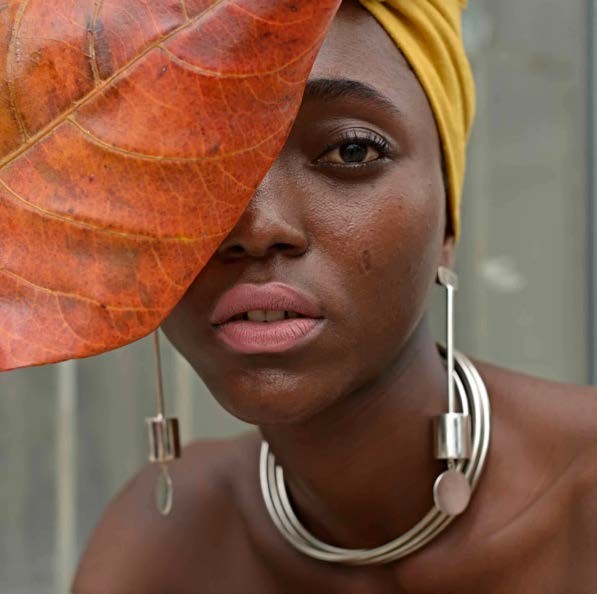
Shekudo
For instance, the use of the laborious 500-year-old weaving practice of aso-oke to create contemporary accessories. She also employs local woodwork and silver smith artisans to construct wooden heels and rework metal into fabulous jewels.
PEPPER ROW

Pepper Row
West African design methods form a key part of Pepper Row’s design ethos. The creative director, Omafume Niemogha, creates collections built around
empowering narratives and traditional methods of textile creation while still maintaining a modern worldview.
You can see this in the way her clothes (and, more recently, accessories) are meticulously crafted using ethical weaving, dyeing, and hand-finishing against the repurposed fabric.
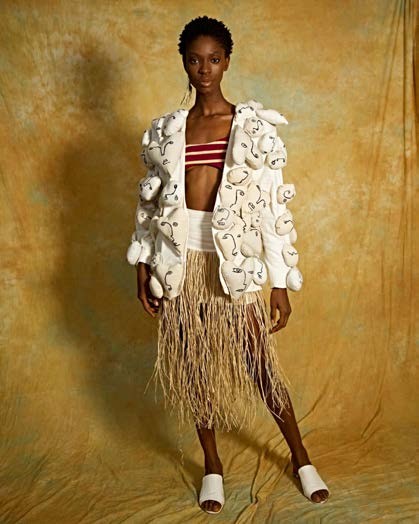
Pepper Row
Her 2022 collections saw vintage Southern Nigerian silhouettes brought back to the fore with a millennial facelift.
CYNTHIA ABILA
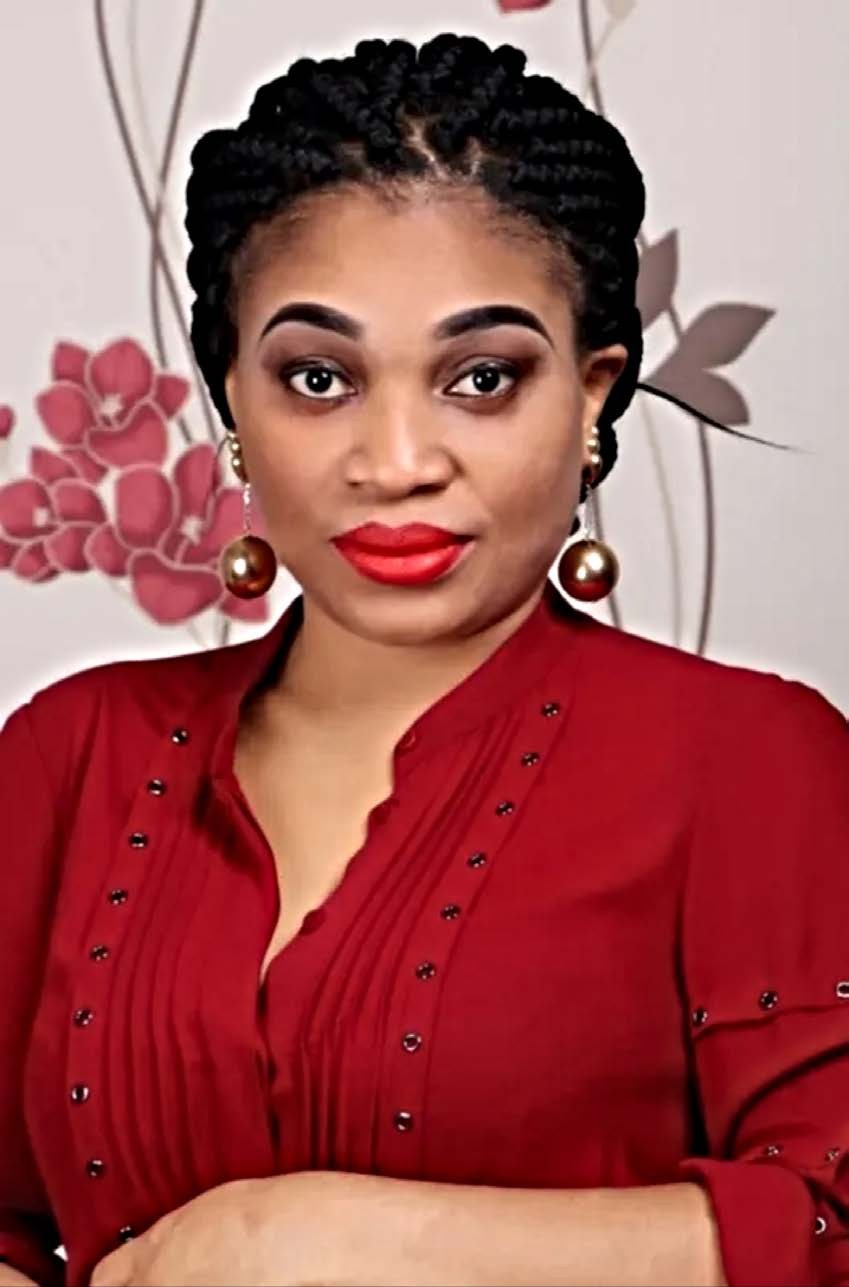
Cynthia Abila
The Abuja-based womenswear label prides itself in fiercely supporting women artisans across the country as part of its brand operations. This love for changing the economic stories of Nigerian women extends to the clothes, and the stories of power told within each garment.
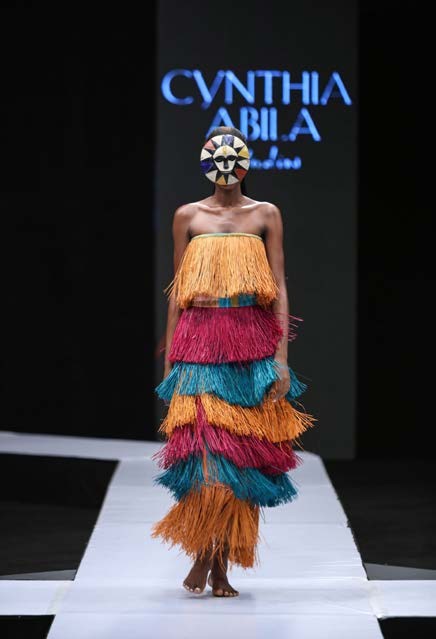
Cynthia Abila
Using homegrown textiles like raffia, akwete and aso-oke, the brand creates bold, energetic clothes that help each wearer tap into the true strength of being
African. This is heavily seen in the way she uses inscriptions to pay homage to cultural practices that was mostly forgotten, highlighting the stories kept
sacred by women through centuries.
MARTE EGELE
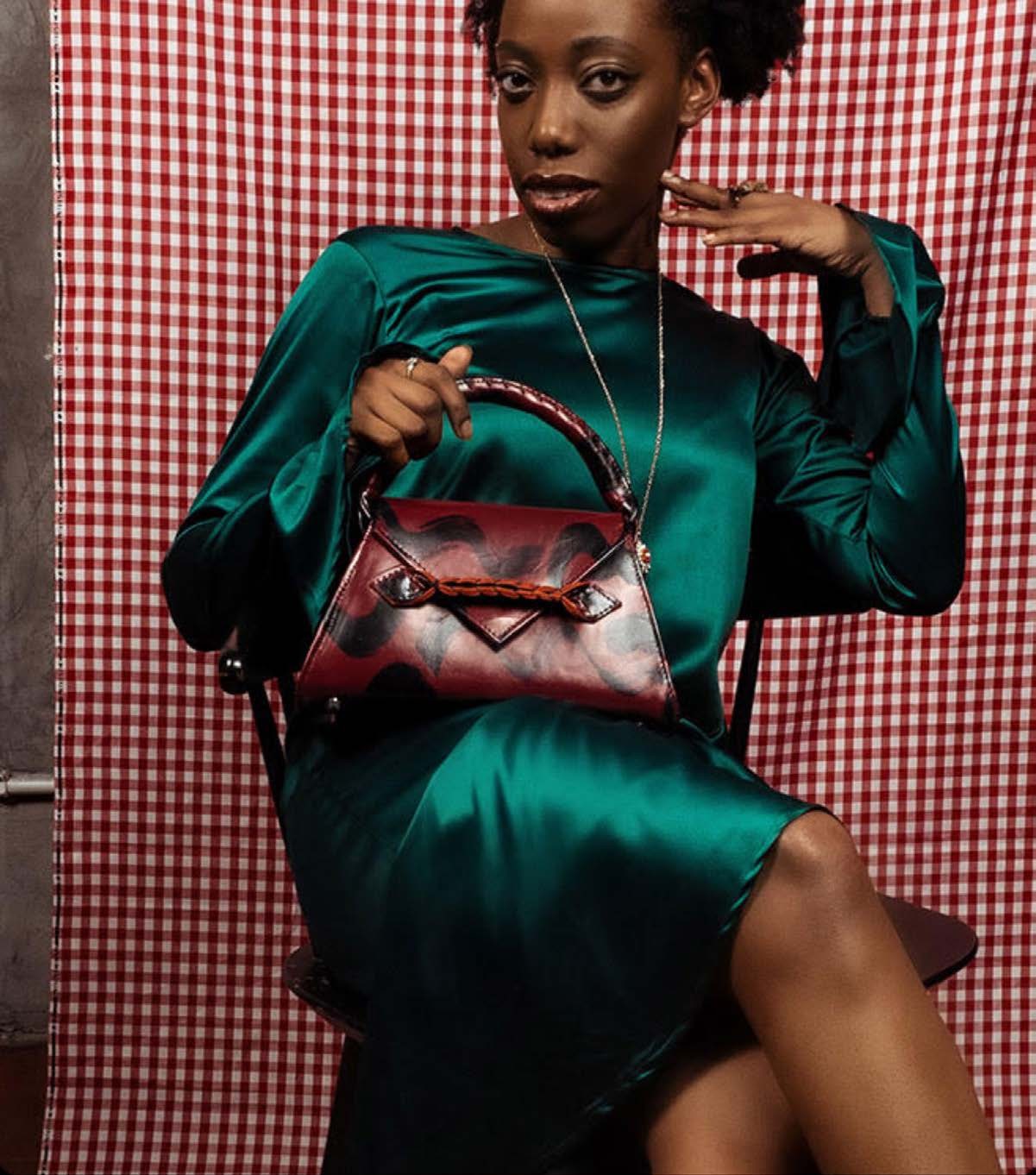
Marte Egele
When Beyoncé was spotted holding onto her blush pink Marte Egele leather handbag a few years ago, it was not just a victory for Nigerian craftsmanship but also evidence that creative director Uche Egele was a global player.
It’s not hard to see why her leather confections have been so appealing: made primarily by hand, her unique designs are a result of the meticulous craftsmanship of the African artisans, she works with.
Her signature handbags have an authentic, artistic look and feel, with the silhouettes boasting geometric patterns, focusing on functionality without compromising style.
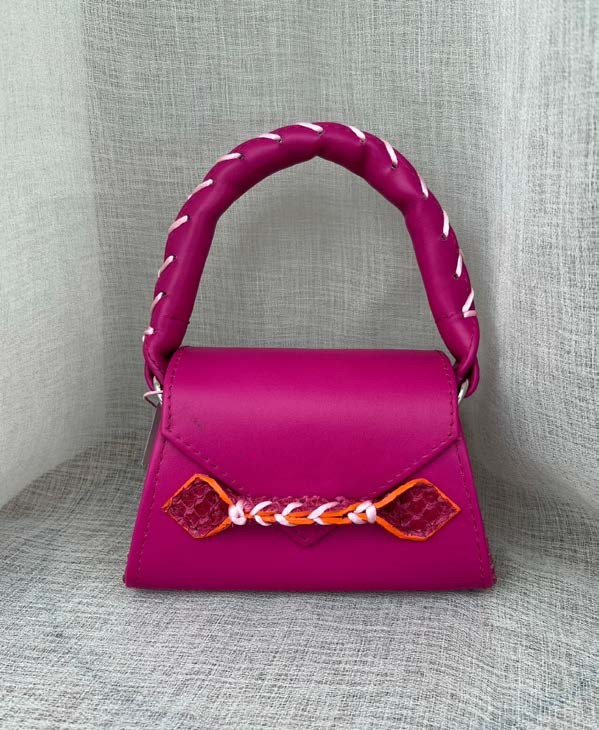
Bag
It’s this clever eye for mixing art with a commercial appeal that has made Egele one of the most promising design voices to emerge from our fashion industry.


